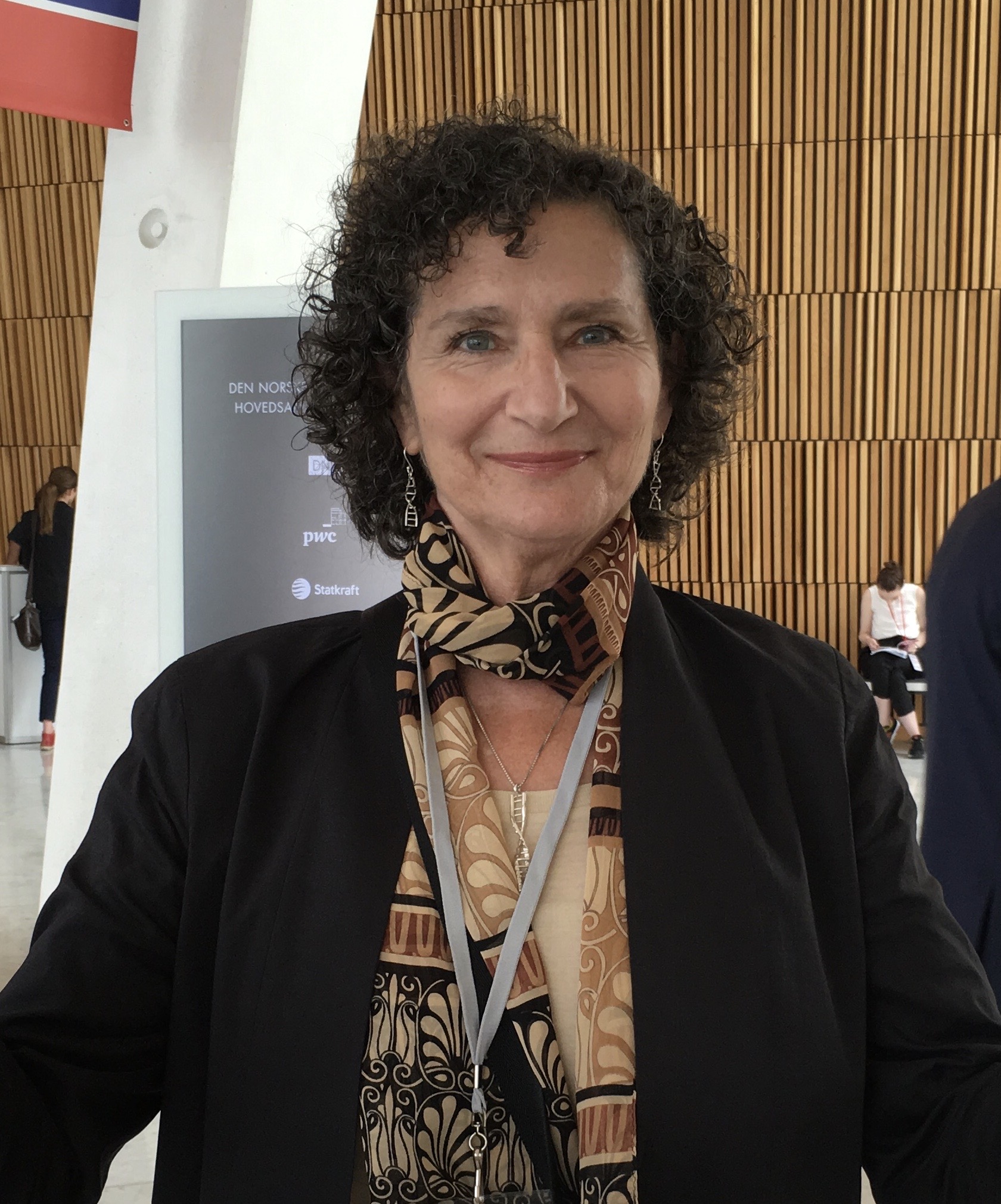Elizabeth Zitrin: Providing a Model of Feminist Collaboration and Trust in the World of Philanthropy
For the past five years, the Cornell Center on the Death Penalty Worldwide (CCDPW) has been the fortunate recipient of yearly support from lawyer, philanthropist and activist Elizabeth Zitrin. Here, we draw from conversations we have had with Ms. Zitrin about her life and career, and argue why her approach to philanthropy is so radical, and so needed.
By Chelsea Halstead
Elizabeth Zitrin is a lifelong activist, lawyer, philanthropist, and proud feminist born to first generation Americans in New York City. Her worldview was profoundly shaped by her upbringing in a household full of progressive ideas and exciting political sensibilities concerning justice, morality, and ethics, and she has quipped that she was “born with an ACLU card in her hand.” Her mother was a physician, completing medical school in 1943 as one of the few female medical doctors in a male dominated field. Her father was a prominent psychiatrist, ethicist, and professor who worked to expose physicians unethically participating in executions, a violation of medical ethics. Both parents survived The Great Depression and felt drawn to acts of service in their community, from assisting immigrant mothers to advocating for systemic change, like death penalty abolition.
In the 1970s, then in her twenties, Ms. Zitrin found herself deeply enmeshed in politics and became the founder and treasurer of the Massachusetts Feminist Federal Credit Union. At a time when women could not receive credit without going through their fathers or husbands, Ms. Zitrin and her colleagues were among the first to allow women access to credit without those stipulations, opening women’s opportunities to greater independence and financial freedom. It was here, at the heart of Second Wave Feminism, that the feminist ideals Ms. Zitrin was raised on were cemented, as she saw how her values could be translated into actions that could help shape the future to be more just and equitable for people who had been left out and marginalized by society.
After receiving her J.D. from Northeastern Law School, Ms. Zitrin moved to California to practice criminal defense, which to this day she sees as frontline work defending the Constitution. She faced enormous pressure in her work, with a high caseload and few courtroom victories. She lost a client to suicide in the midst of attempting to secure their mental health assessment and release, a loss that still haunts her. After becoming a mother, Ms. Zitrin recognized her work needed to shift and found new ways to stay connected to the many causes she was passionate about.
Ms. Zitrin became a prominent death penalty abolitionist, speaking around the country, and eventually around the world, on behalf of Amnesty International and other organizations. She has been a pivotal force in bringing the United States into the international movement against the death penalty, hosting the very first United States meeting of the entire membership of the World Coalition Against the Death Penalty in San Francisco. She served as Vice President and then President of the World Coalition. Her foray into philanthropy was a natural evolution of the work she has engaged in for years, and an embodiment of her mother’s early belief that despite their family’s modest immigrant beginnings, once they secured wealth they should “give it away.” Quietly and without press releases or much public acknowledgement, Ms. Zitrin has spent years providing deeply needed support to abolitionists around the world.
Her abolition work is how CCDPW came to know Ms. Zitrin, who has collaborated with us on numerous clemency campaigns to stop pending executions. Once she chose to work with us as a funder, we found our relationship did not fundamentally change, it only deepened. In an increasingly difficult nonprofit funding environment, our experience with Ms. Zitrin has bucked every norm of the funder-grantee dynamic in the most positive ways. When other funders have questioned our focus on women and gender minorities sentenced to death, Ms. Zitrin has championed it as an important and necessary evolution of the abolitionist movement. Her feminist ideals mean that she understands the value of focusing on a population that has for so long been neglected. She celebrates our wins and mourns our losses, and understands the importance of long term, sustained support for small nonprofits engaged in long-term movement building work. Her approach to our work is one of trust and collaboration. Thanks to Elizabeth, we can spend our time focusing on the real work of exposing gender bias and intersectional discrimination in the application of the death penalty through research, advocacy, litigation, and training.
Ms. Zitrin is not only a respected leader in this field, she is a philanthropist who approaches her grantees as partners instead of employees, and she should be celebrated as a model for how to do philanthropy in a way that respects the values of antiracism, feminism, and mutual respect. We are honored to be able to work alongside her as a colleague, mentor, and friend.
